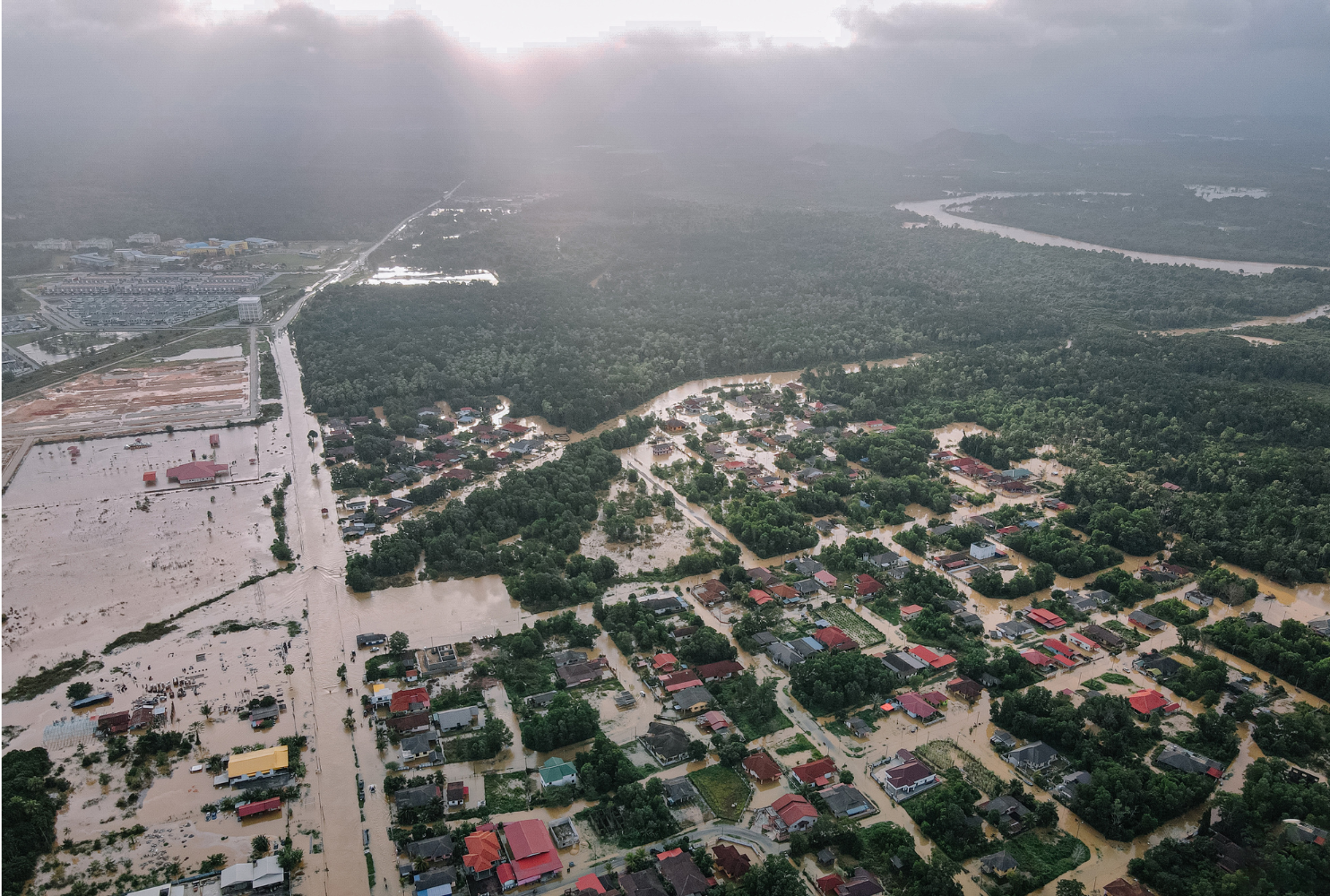As we move through 2024, the impacts of climate change have become more evident and alarming than ever before. From extreme weather events to unprecedented global temperatures, the year has highlighted the urgent need for collective action to address this growing crisis. This blog explores the key developments in climate change in 2024, providing a deeper understanding of the science behind it and the challenges we face.
What Is Climate Change?
Climate change refers to long-term shifts in temperature, precipitation patterns, and other aspects of Earth’s climate system. While climate change is a natural phenomenon that has occurred over millennia, the term is most commonly used to describe the significant changes in global climate patterns observed over the past century, primarily driven by human activities. These activities, particularly the burning of fossil fuels, deforestation, and industrial processes, have increased the concentration of greenhouse gases (GHGs) like carbon dioxide (CO2) and methane (CH4) in the atmosphere, leading to global warming and altering the Earth’s climate.
Understanding Climate Change and Climate Science
To fully grasp the implications of climate change, it’s important to understand the science behind it. Climate science is a multidisciplinary field that studies the Earth’s climate system, including the atmosphere, oceans, and land surfaces. Scientists use a combination of observational data, climate models, and paleoclimate records to understand past climate conditions and predict future changes.
One of the core concepts in climate science is the greenhouse effect, where GHGs trap heat in the Earth’s atmosphere, warming the planet. While this effect is natural and necessary for life on Earth, human activities have intensified it, leading to an accelerated rate of warming. The Intergovernmental Panel on Climate Change (IPCC) has repeatedly warned that if global temperatures continue to rise at the current rate, we will see more frequent and severe climate impacts, including heatwaves, droughts, floods, and rising sea levels.
2024: A Year of Record-Breaking Heat and Extreme Weather
In 2024, the world has witnessed some of the most extreme weather events in recorded history. Global temperatures have soared, with July being declared the hottest month ever recorded. This year has seen heatwaves across Europe, North America, and Asia, with temperatures reaching dangerous levels, causing health crises, wildfires, and disruptions to agriculture.


In addition to heatwaves, 2024 has been marked by severe flooding in several regions. Countries like Pakistan, China, and parts of Europe have experienced devastating floods, displacing millions of people and causing significant economic losses. These extreme weather events are a stark reminder that climate change is not a distant future threat—it is happening now, with real and immediate consequences.
The Global Response: Progress and Challenges
While 2024 has been a year of unprecedented climate impacts, it has also seen significant global efforts to combat climate change. The United Nations Climate Change Conference (COP29) held in Dubai was a pivotal moment, with world leaders agreeing on more ambitious targets for reducing GHG emissions and increasing investments in renewable energy and climate resilience.
However, the path to addressing climate change remains fraught with challenges. Despite international agreements, many countries are struggling to meet their climate commitments, and global GHG emissions continue to rise. The need for a rapid and just transition to a low-carbon economy has never been more urgent, but it requires unprecedented levels of cooperation, innovation, and political will.
The Road Ahead: A Call to Action
As we reflect on the events of 2024, it is clear that the time for action is now. The impacts of climate change are no longer theoretical; they are being felt around the world, affecting the most vulnerable populations the hardest. The scientific consensus is clear: to avoid the worst effects of climate change, we must act decisively to reduce emissions, protect natural ecosystems, and build resilient communities.
The year 2024 serves as a wake-up call to governments, businesses, and individuals alike. We must all play a part in addressing this global challenge, whether through policy changes, technological innovation, or lifestyle choices. The future of our planet depends on the actions we take today.



